Overcharging with direction?
At the beginning of every school year, the issue of overcharging becomes a topic of discussion among parents in many schools. Previously, overcharging only occurred in some schools and some contributions from parents, but now overcharging has become a "matrix" with all kinds of tricks, from contributions to shopping and organizing teaching outside the curriculum.
For example, a high school in Hai Duong was accused of collecting many fees outside of regulations. Accordingly, this school collected socialization fees of 300,000 VND, parking fees of 360,000 VND/year; uniform fees of 1,464,000 VND, personal insurance fees of 300,000 VND/year; summer tuition fees of 920,000 VND; extra classes fees of 2,176,000 VND; electronic contact books of 150,000 VND/year... The total amount of fees collected was more than 8.7 million VND/student.
The victims of overcharging are not only parents and students, but also the state budget. Because all kinds of things are drawn up to disburse money in the name of investing in education . Recently, many parents at a school in Ha Dong district, Hanoi had to go to the education department to report that the air conditioning system of the school contributed by parents was working well, but the school and district directed to remove it, to organize a new purchase entirely from the state budget. However, the school year has come but the new air conditioner is nowhere to be seen, the children go to school but do not have air conditioner to use, so parents are rushing to discuss contributing money to buy air conditioner for their children.
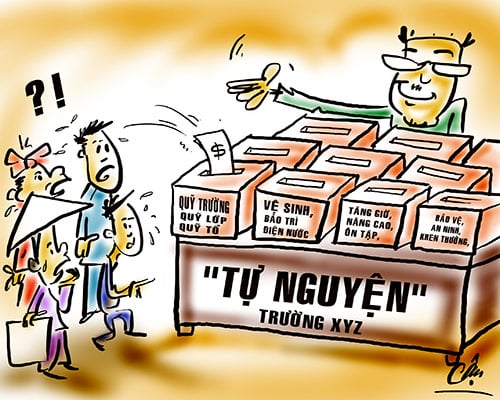
Overcharging at the beginning of the year, parents' nightmare at the beginning of the school year.
Income and expenditure matrix Currently, each locality allows different collections. In Hanoi, schools are allowed to collect 9 types of fees at the beginning of the 2023-2024 school year, including: Boarding service fees; Two-session/day tuition fees; School supplies fees; Student drinking water fees; Student health insurance fees; Tuition and extra teaching and learning fees in schools; Aid, gifts, donations, and donations; Sponsorship fees; Uniforms, sportswear, and badges. Meanwhile, in Ho Chi Minh City, 26 fees are regulated, belonging to 4 main groups, including: Fees for extracurricular educational activities according to regulations; Fees for educational activities implemented according to approved projects; Fees for boarding services; Fees for individual students. With such collection regulations, each amount is only a few hundred thousand, the amount parents contribute is up to millions of dong. |
“ At the end of the summer, the school forced the classes to remove the air conditioners that parents contributed to buy in order to pay for the land for the school to be established according to the project. But until now, they still haven’t installed them. The parents have to pay for the air conditioners because the classrooms are too crowded and hot for the children to bear, ” a parent shared.
The stories of the two schools above are just a few grains of sand in the current context of overcharging. Because of the policy of allowing collection, schools increase collection to get operating budget. If the overcharging is spontaneous, parents can still refuse to pay, but if the overcharging is directed, parents have no choice but to bend their backs and bear the consequences.
The problem of teaching links in schools
Overcharging at the beginning of the year is just a small manifestation of overcharging throughout the entire school year. Overcharging occurs in many forms, of which English-linked teaching is considered the most complicated overcharging today. For example, Tan Dinh Primary School (Hoang Mai, Hanoi) offers 3 teaching programs in conjunction with private units (not including after-school clubs), including: BME-KIDs English (fee 150,000 VND/month); English Math (fee 100,000 VND/month); supplementary English through STEM Science (fee 150,000 VND/month). Similarly, Mai Dong Primary School (Hoang Mai, Hanoi) offers 3 extra teaching activities: English - Math program; BME-KIDs primary English program; supplementary English program through STEM Science. All clubs are linked by the school with outside private units and charge a fee. At Nghia Do Primary School (Cau Giay District), this year, the school implemented a program to familiarize students with English and English through Math - Science language for students in grades 1 and 2. 4 periods a week, the price is more than 460,000 VND/student/month and 4,140,000 VND/student/school year (9 months).
The situation of public schools competing to cooperate with private units to require parents to register for additional classes in the spirit of "voluntary" is not new. This has been happening for many years, in many schools in Hanoi and other provinces. However, the quality of teaching is a matter of concern for parents. Recently, a parent was surprised by the list of English teachers assigned by a Department of Education and Training to their locality. In the list, there was not a single foreign teacher who was a native speaker (British, Australian, American) but all the teachers were from far-flung African countries such as Uganda, Ghana, Cameroon.
“ Teaching English in conjunction with inviting native teachers (British, Australian, American) allows students to communicate and learn the culture of using English language from people who speak English as their mother tongue. If we take foreigners from countries where English is not their mother tongue, it is not certain that their level is better than Vietnamese teachers. Vietnamese foreign language teachers now have to take 3 competitive subjects (Math, Literature, English) when entering university. Teachers are not only good at foreign languages but also have very good background knowledge. On the other hand, I wonder if teachers who do not use English as their mother tongue are qualified enough to teach English or not ” - this parent wondered.
Speaking to a reporter from the Journalist & Public Opinion Newspaper, a Vietnamese professor in the UK said that it is currently difficult to tell the English level of non-native teachers. However, according to her, the English of people from countries like Uganda, Ghana, and Cameroon is very difficult to listen to.
“ To know the level of these teachers, we need to test them according to IELTS level. For teachers from the UK, US, Australia, IELTS assessment is not difficult for them, but for the rest of the countries, few people have a level above 7.0, and if they require 8.0, they will almost certainly fail ” - this Professor shared. Also related to the foreign language level of teachers who are not from the UK, US, Australia - an expert working in Australia also expressed the opinion that when hiring teachers, they must hire native teachers. Those who speak English as their mother tongue, while teachers from other countries need to have their knowledge strictly tested before being allowed to teach.
Currently, the scale of foreign language teaching in public schools is up to tens of thousands of billions of VND. Therefore, companies providing foreign teachers to teach English in schools are springing up like mushrooms. With many different types and programs. However, due to high demand, there are not enough teachers, leading to the recruitment of poor quality teachers. Because of the profit and discount percentage from this extra teaching issue, management is being loosened.
Need to strengthen inspection and control Deputy Minister Hoang Minh Son said that for the general education sector, the Ministry has issued complete circulars and documents guiding the implementation of the collection at the beginning of the school year, such as the Charter on the Parents' Representative Board, and funding activities for education and training. Localities need to strengthen inspection and examination to avoid overcharging in all forms. |
Trinh Phuc
Source


![[Photo] Ho Chi Minh City is brilliant with flags and flowers on the eve of the 1st Party Congress, term 2025-2030](https://vphoto.vietnam.vn/thumb/1200x675/vietnam/resource/IMAGE/2025/10/10/1760102923219_ndo_br_thiet-ke-chua-co-ten-43-png.webp)
![[Photo] Opening of the World Cultural Festival in Hanoi](https://vphoto.vietnam.vn/thumb/1200x675/vietnam/resource/IMAGE/2025/10/10/1760113426728_ndo_br_lehoi-khaimac-jpg.webp)

![[Photo] General Secretary attends the parade to celebrate the 80th anniversary of the founding of the Korean Workers' Party](https://vphoto.vietnam.vn/thumb/1200x675/vietnam/resource/IMAGE/2025/10/11/1760150039564_vna-potal-tong-bi-thu-du-le-duyet-binh-ky-niem-80-nam-thanh-lap-dang-lao-dong-trieu-tien-8331994-jpg.webp)


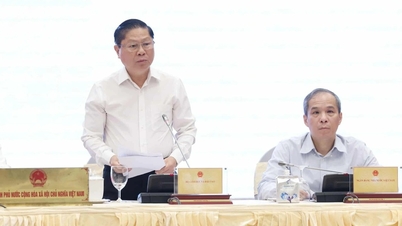

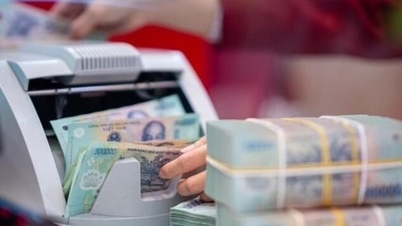

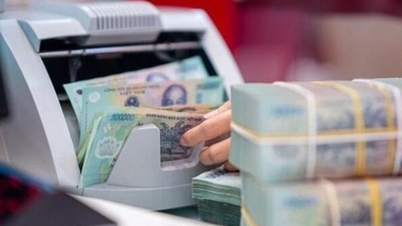



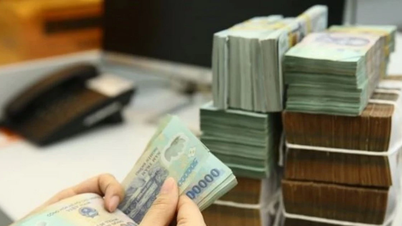



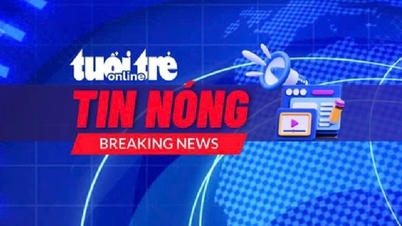


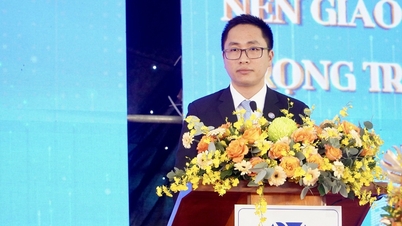



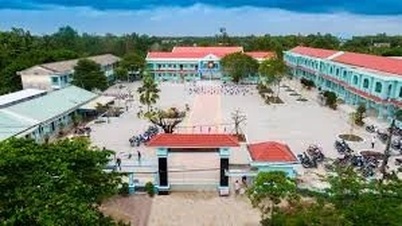






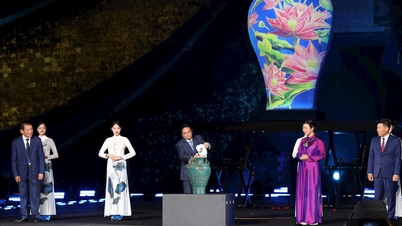





































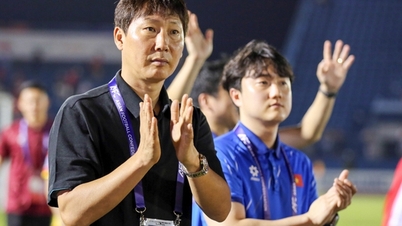



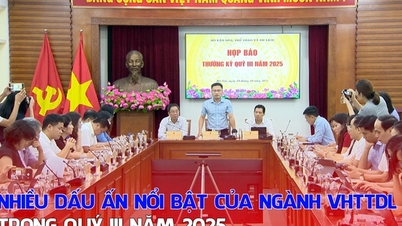
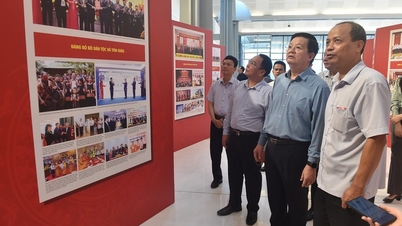
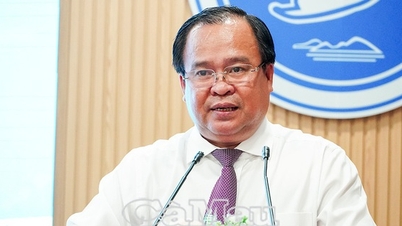

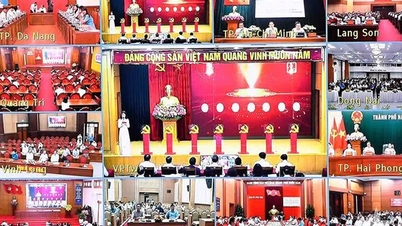
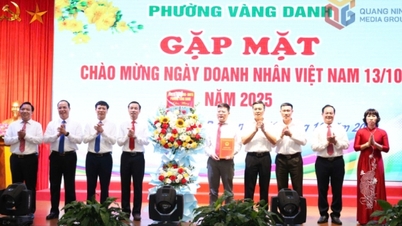





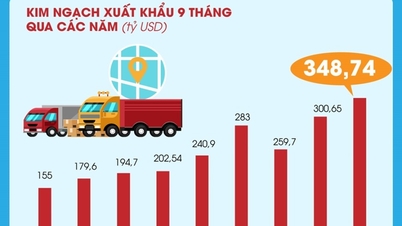


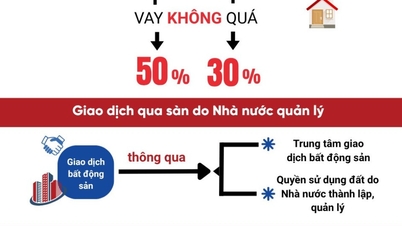















Comment (0)